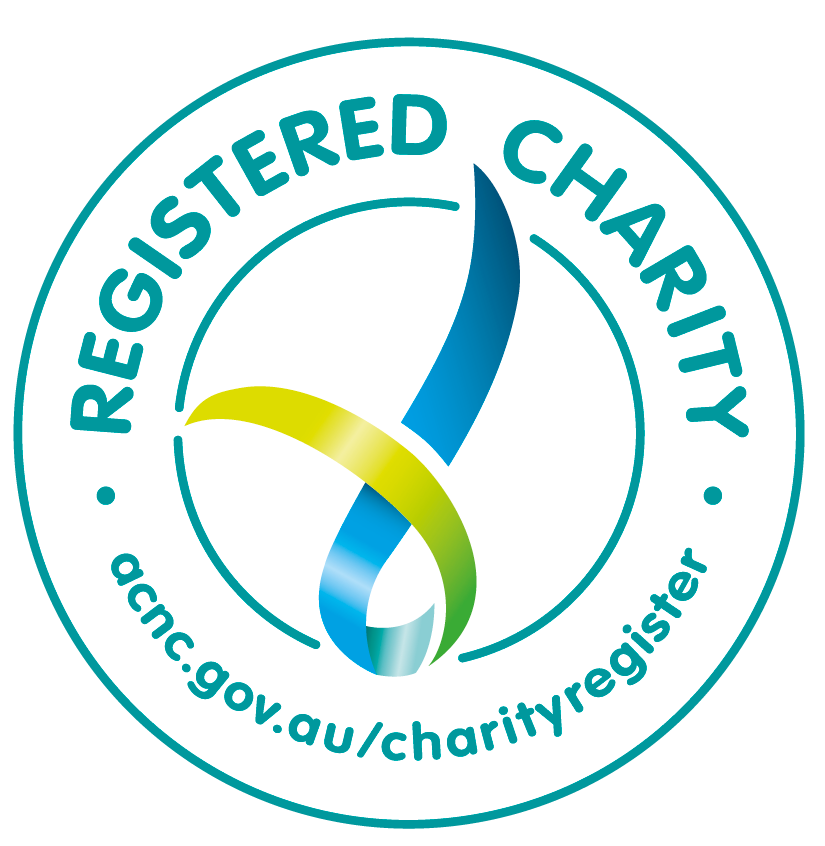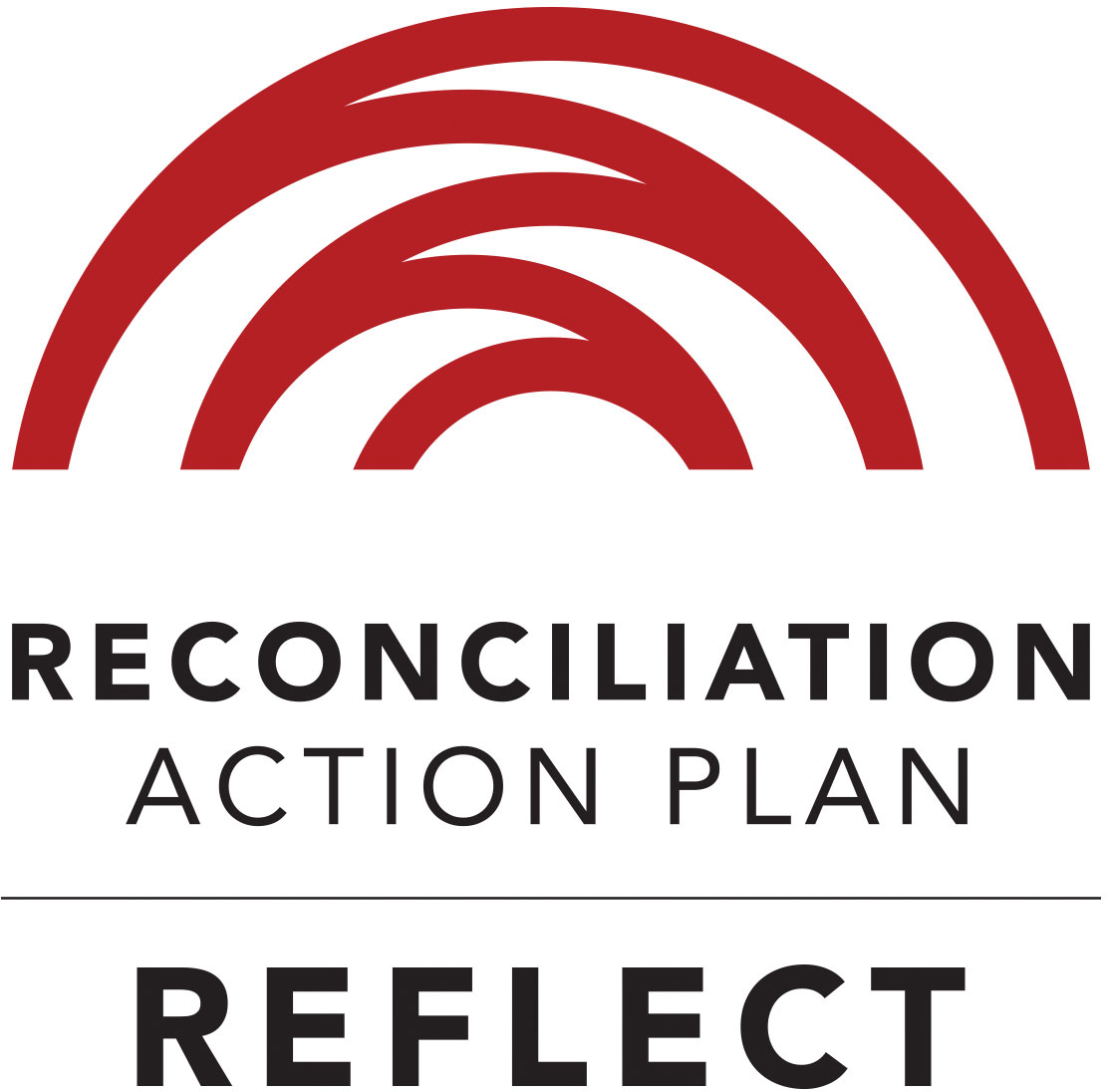More pages in this section
Wellbeing Wednesday | Suicidal warning signs and coping strategies
Wellbeing Wednesday | Suicide: warning signs and coping strategies
Some suicides occur without any obvious warning, but usually there are signs. It’s important to understand what the warning signs are and look out for them.
Suicidal warning signs | Warning signs are different for each person.
You’ll probably notice a range of signs rather than just one or two.
Below we explain common suicidal warning signs:
[feature-block]
Changes in relationships
withdrawing from other people
feeling like you’re a burden
feeling isolated or lonely
fighting with people
[feature-block]
Emotional changes - feeling
depressed or hopeless
anxious or stressed
angry
worthless or alone
[feature-block]
Routine Changes
struggling to maintain a routine
poor or disrupted sleep
changes in eating patterns or rapid weight changes
[feature-block]
Changes to thinking
finding it hard to focus or concentrate
stuck on negative thoughts about yourself and the future
trauma flashbacks
[feature-block]
Behaviour Changes
recklessness and aggression
giving away sentimental or expensive possessions
self-harmingincreased alcohol, drug or other substance use
[feature-block]
Thinking about suicide
increased thoughts of suicide
planning or thinking about suicide
Coping strategies | Suicidal thoughts come and go.
Distracting yourself, being in the company of others or doing a positive activity that makes you feel good can help you manage until the suicidal urges subside.
If you notice suicidal warning signs appear, there are coping strategies you can use which have worked for others.
[feature-block]
Connecting with others
be around other people
text or call friends or family
use online peer support forums
call helplines or use helpline webchats
[feature-block]
Changing your surroundings
go outside into nature - visit a park, garden or your own backyard
visit somewhere you can be around other people - like a cafe or shopping centre
[feature-block]
Physical and sensory activities
use sensory items such as touching a soft blanket or lighting a scented candle
get active - walk, run cycle, swim, yoga etc.
[feature-block]
Creative expression
paint or draw
dance or make music
get constructive - for example woodwork or model-making
write a story or an entry in your journal
[feature-block]
Occupying your mind
do a puzzle or play a board game
challenge your negative thoughts
practise relaxation and breathing exercises
read a book
[feature-block]
Keeping busy
plan your meals for the week
go grocery shopping
do some cleaning or laundry
remember, support is available!
If you or someone you know is in immediate danger or distress please call 000
If you are in need of support contact one of the following numbers (available 24/7):
-
Suicide Call Back Service 1300 659 467
-
Lifeline 13 11 14
-
Kids Helpline 1800 551 800
-
StandBy - Support After Suicide 1300 727 247
USEFUL LINKS

selectability acknowledges the Traditional Owners of the land on which we provide services and pay our respects to Elders past, present and emerging. We acknowledge those with lived experience and those who support and partner with us to improve mental wellbeing and prevent suicide across regional Queensland.

